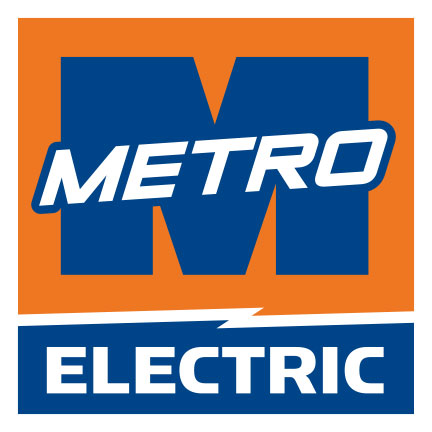Prepared Power
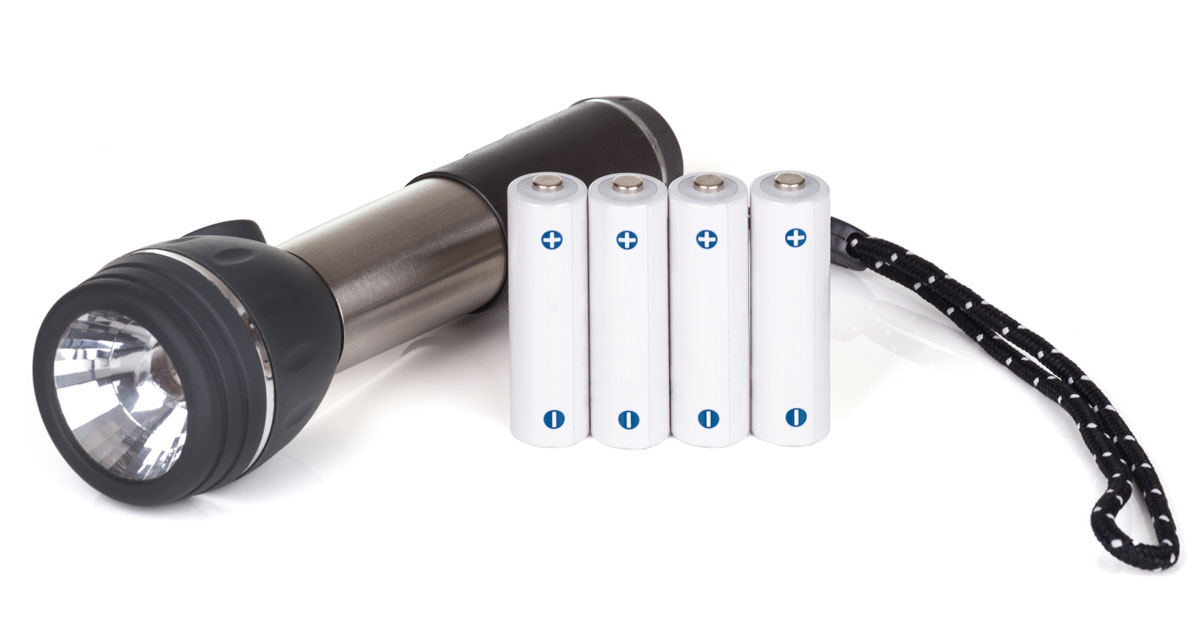
This month’s goal:
Create a Power Outage Plan
Decide what you can do before, during and after a power outage to minimize the effect on your household.
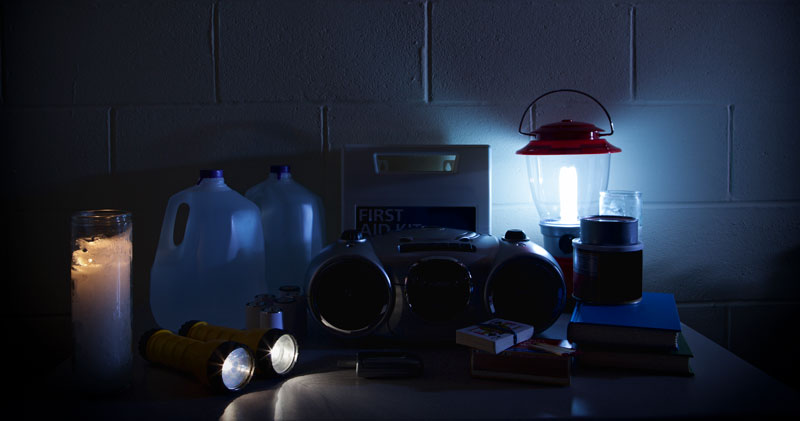
Before the power goes out:
- Fill empty space in the freezer with containers of water. Remember to leave space in containers for ice to expand.
- If you have an automatic garage door opener, learn how to use the manual release and open your garage door manually.
- Try to keep your car’s gas tank at least half full. Many gas stations will not be in operation during a power outage. Fill up your tank if a major storm is predicted.
- If you use special health care equipment like oxygen generators or dialysis equipment, notify your power company.
After the power goes out:
- Unplug major appliances and electronics. When the power comes back on, there may be power spikes that can damage large appliances or delicate electronics.
- Do not open refrigerators or freezers any more than necessary. An unopened refrigerator will keep food cold for approximately 4 hours, an unopened freezer will keep food frozen for approximately 24 hours.
- Use a battery-powered radio to stay informed.
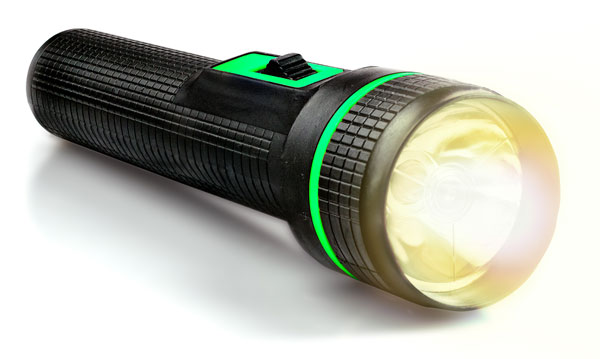
When the lights go out:
The safest way to provide emergency lighting is with flashlights or battery-powered lanterns. Keep flashlights with fresh batteries in several places throughout your home and check them for proper operation regularly. Always keep a supply of extra batteries. Think about buying a rechargeable flashlight. Batteries might be hard to find in a disaster.
Have flashlights and radios ready in an easily accessible place.
Backup Generator — How It Works
Using a properly connected generator of adequate size during a power outage will reduce or almost eliminate the impact a power outage has on your life. Before you buy a generator, talk to an electrician about the size and type you need. Generators can be used to keep food cool, provide lights and electricity for phones and television, power furnace blowers and pumps.
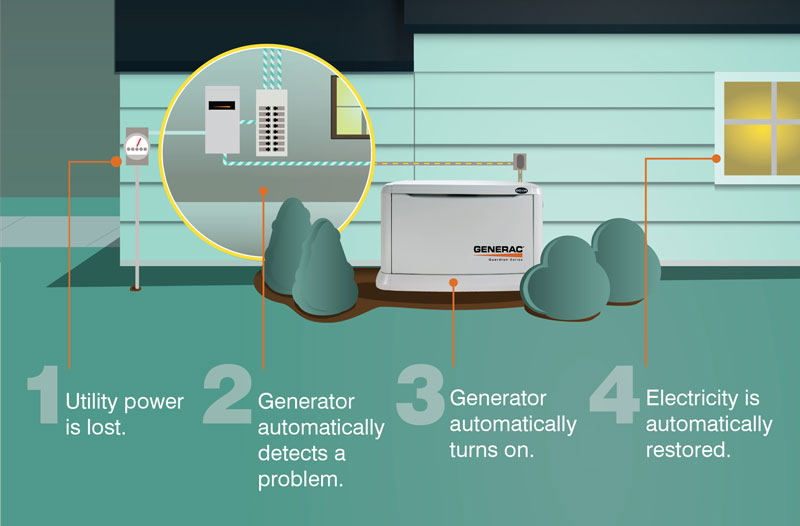
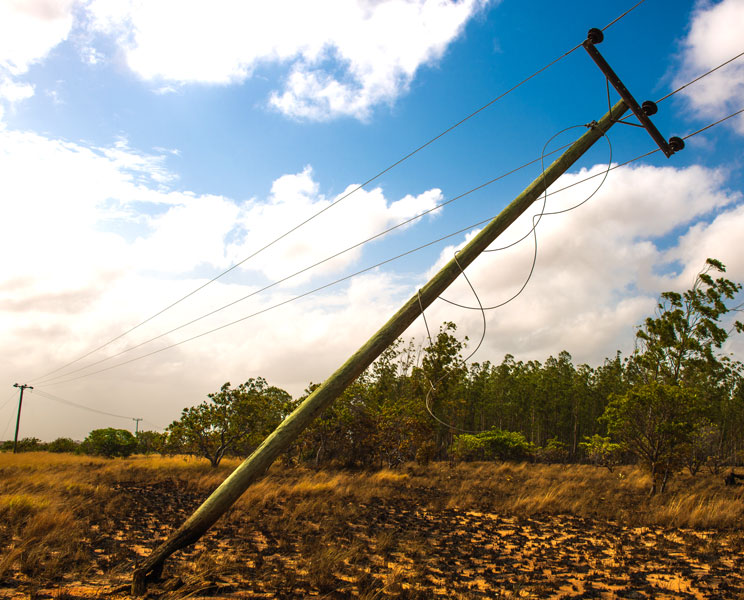
Power Outage Safety
- Avoid downed power lines and anything they are in contact with.
- Never drive over downed power lines; they may be energized.
- Never use charcoal or gas grills inside a structure. You may be overcome by carbon monoxide.
- Never leave candles burning unattended.
